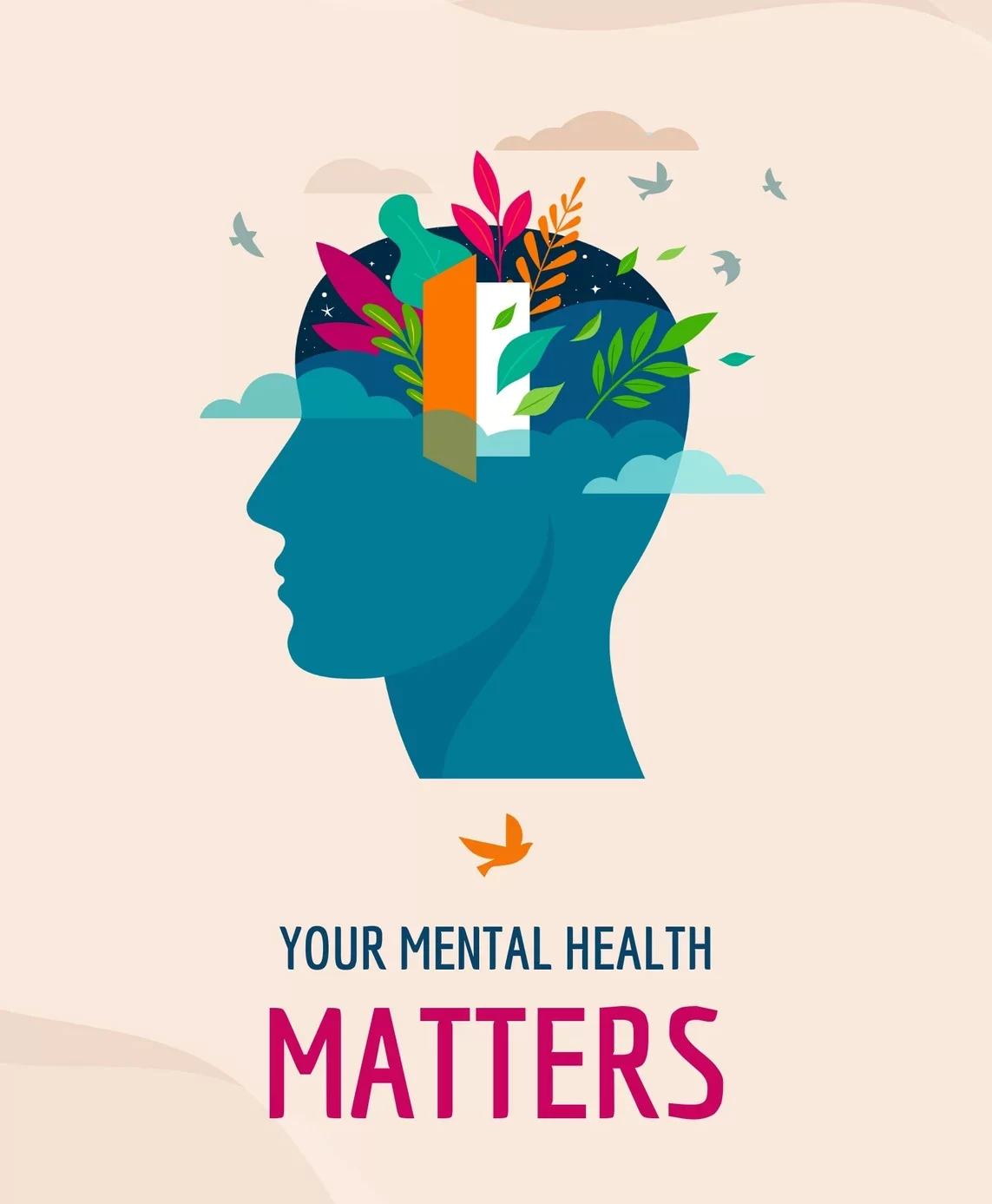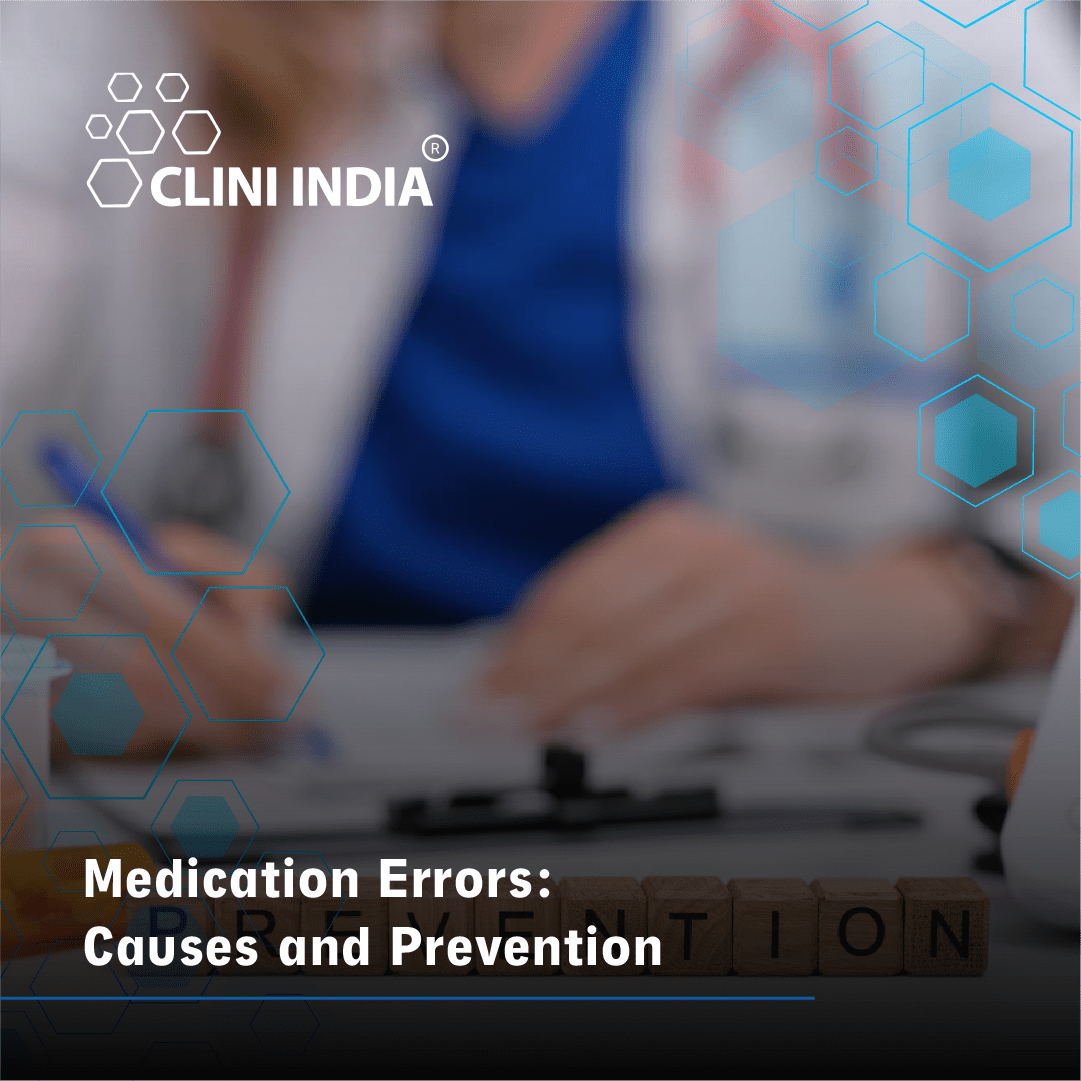
Mental Health Matters: Breaking the Stigma in Healthcare
In a world that’s rapidly evolving and constantly connected, the conversation around mental health has never been more urgent. While we’ve made great strides in recognizing mental health as a crucial part of overall well-being, the stigma surrounding it still lingers—especially within healthcare.
It’s time to break the silence, challenge the stereotypes, and create a system that values mental health just as much as physical health.
Why Mental Health Deserves Equal Attention
Mental health isn’t just the absence of illness—it’s a state of emotional, psychological, and social well-being. It affects how we think, feel, and act, influencing every part of our lives, from personal relationships to productivity at work.
Yet, despite its importance, mental health continues to be misunderstood, underdiagnosed, and undertreated, especially in professional healthcare settings.
The Hidden Impact of Stigma in Healthcare
Stigma around mental health in healthcare can lead to:
-
Delayed diagnosis or treatment
-
Underreporting of symptoms by patients
-
Shame and self-blame among professionals experiencing burnout or depression
-
Inequitable care, where mental illness isn’t treated with the same urgency as physical illness
Even within the medical community, many professionals feel pressure to “stay strong,” often ignoring their own mental well-being due to fear of judgment or professional consequences.
Common Myths That Fuel the Stigma
❌ “Mental illness is a sign of weakness.”
✅ Truth: Mental health conditions are real, medical issues—just like diabetes or heart disease.
❌ “Talking about it makes it worse.”
✅ Truth: Talking is often the first step toward healing. Silence only deepens the struggle.
❌ “Only certain people suffer from mental illness.”
✅ Truth: Mental health doesn’t discriminate—it affects people of all ages, professions, and backgrounds.
Steps to Break the Stigma
1. Normalize the Conversation
Talk openly about stress, anxiety, depression, and burnout—especially in healthcare environments. When leaders and professionals share their stories, it sends a powerful message: You’re not alone.
2. Promote Mental Health Education
Training healthcare workers to recognize and respond to mental health issues—both in themselves and their patients—can lead to earlier intervention and more compassionate care.
3. Encourage Self-Care and Support
Workplaces must prioritize mental wellness with access to counseling, mental health days, and supportive policies. A healthy provider delivers better care.
4. Create Safe Spaces
Confidential platforms for discussing mental health concerns without fear of professional backlash can save lives. Healthcare professionals must be allowed to be human, too.
Mental Health is Healthcare
We cannot talk about healthcare reform, patient safety, or holistic well-being without addressing mental health. Whether you’re a patient, a nurse, a doctor, or a student—your mental health matters.
It’s time to move from stigma to support, from silence to strength.
Mental health should not be a taboo topic—it should be part of routine care, part of daily conversation, and part of our collective consciousness. By breaking the stigma in healthcare, we build a system that heals both body and mind.
Let’s change the narrative. Let’s choose empathy. Let’s make mental health a priority—not a privilege.


























































